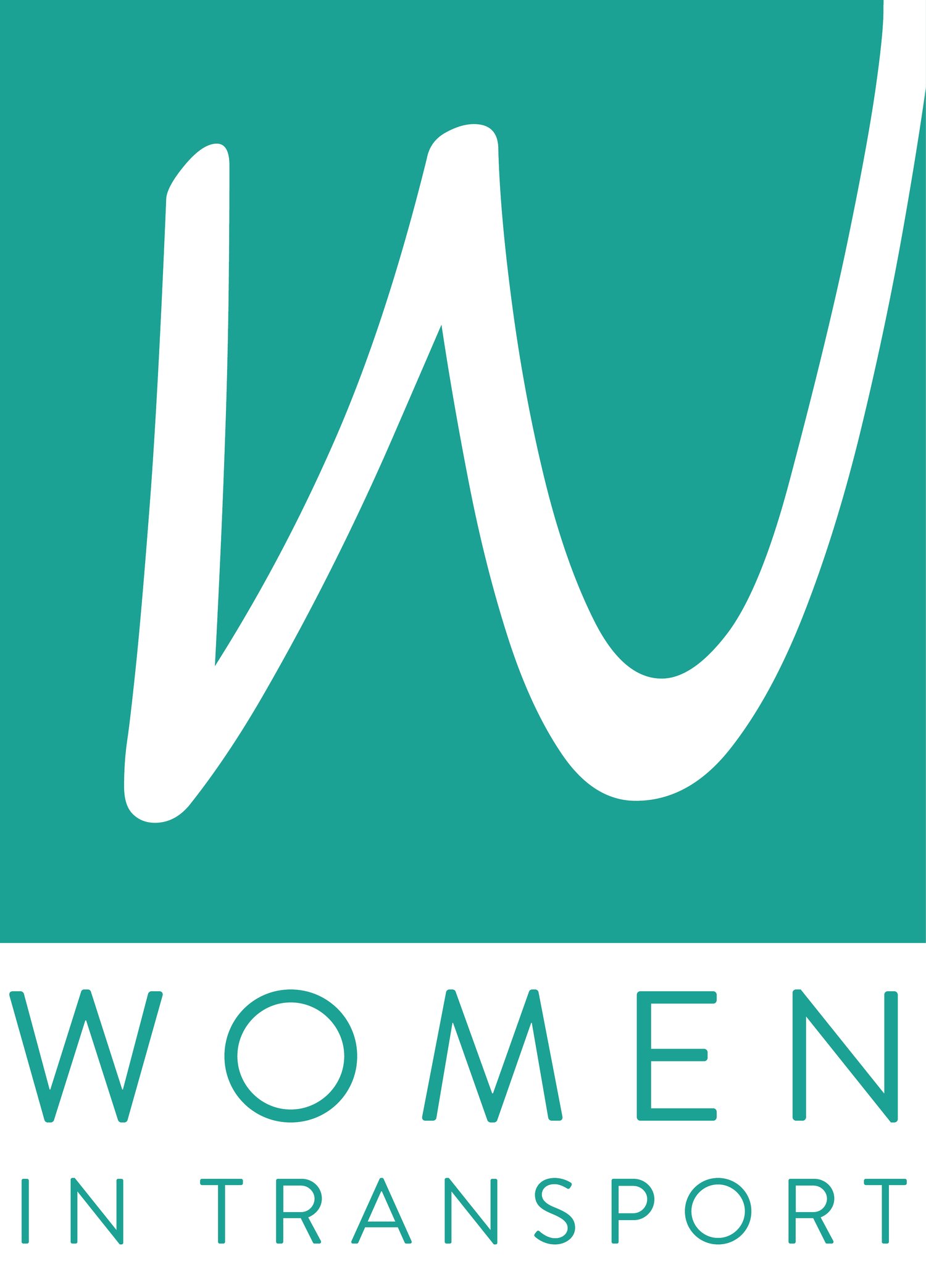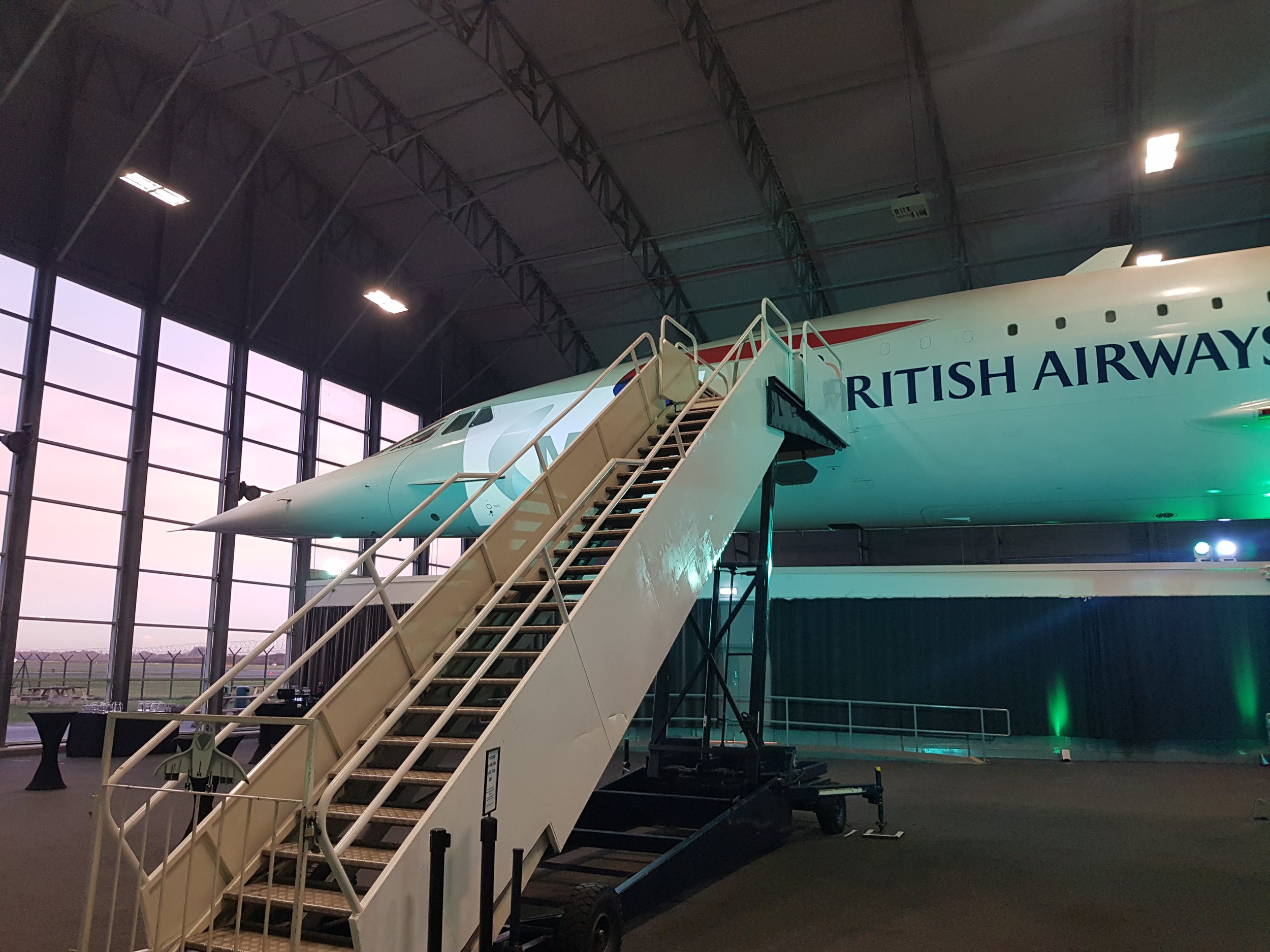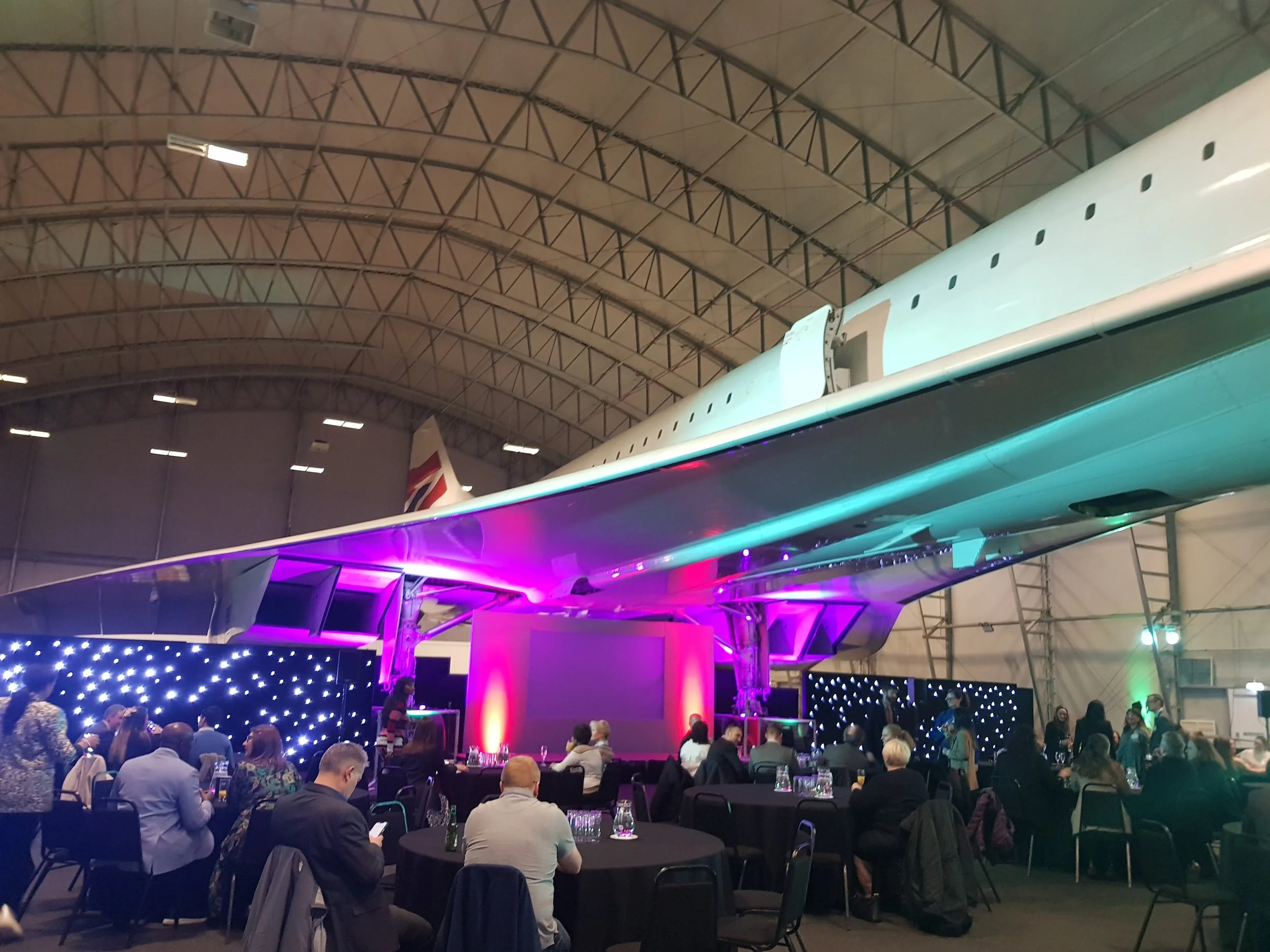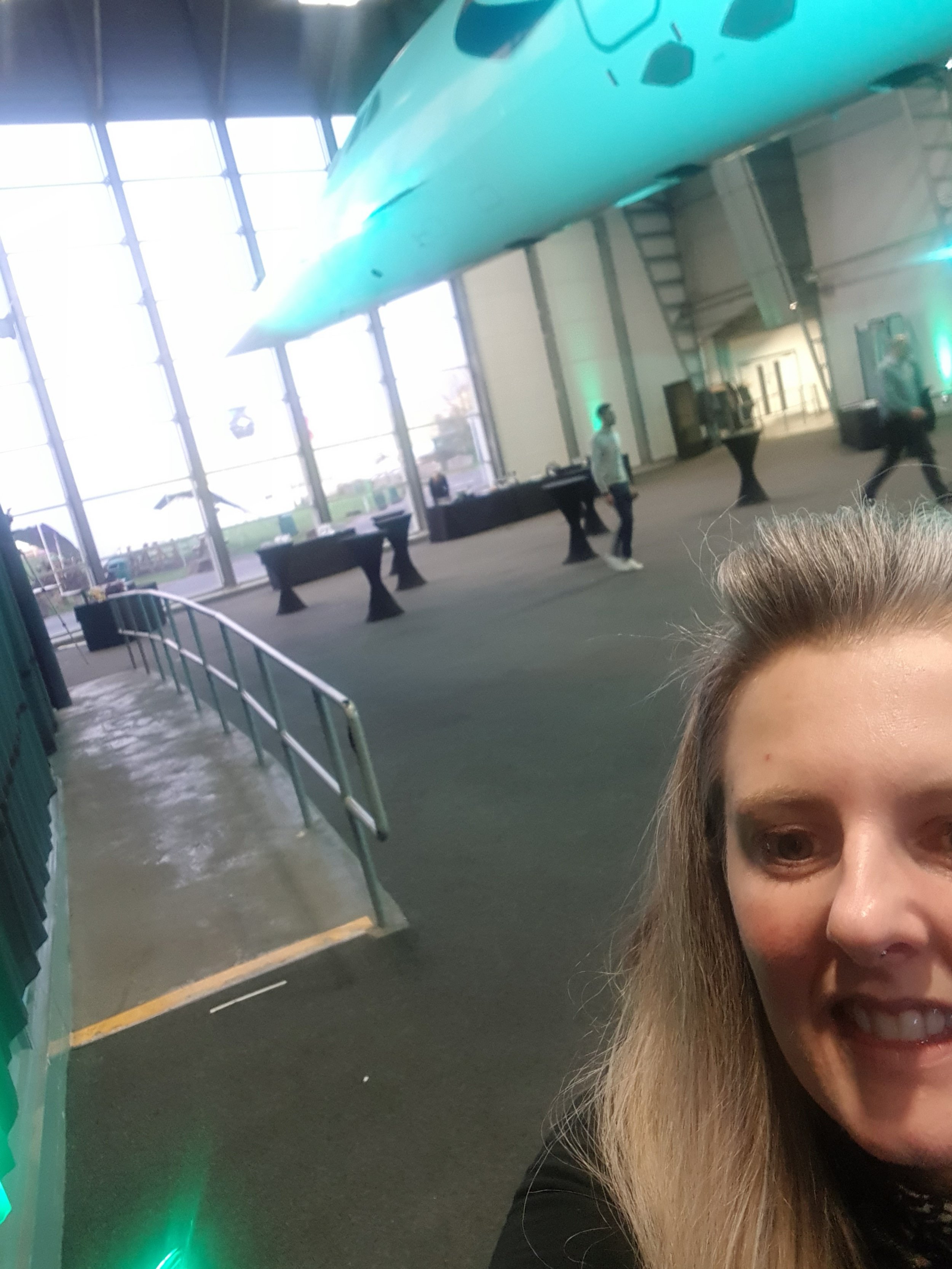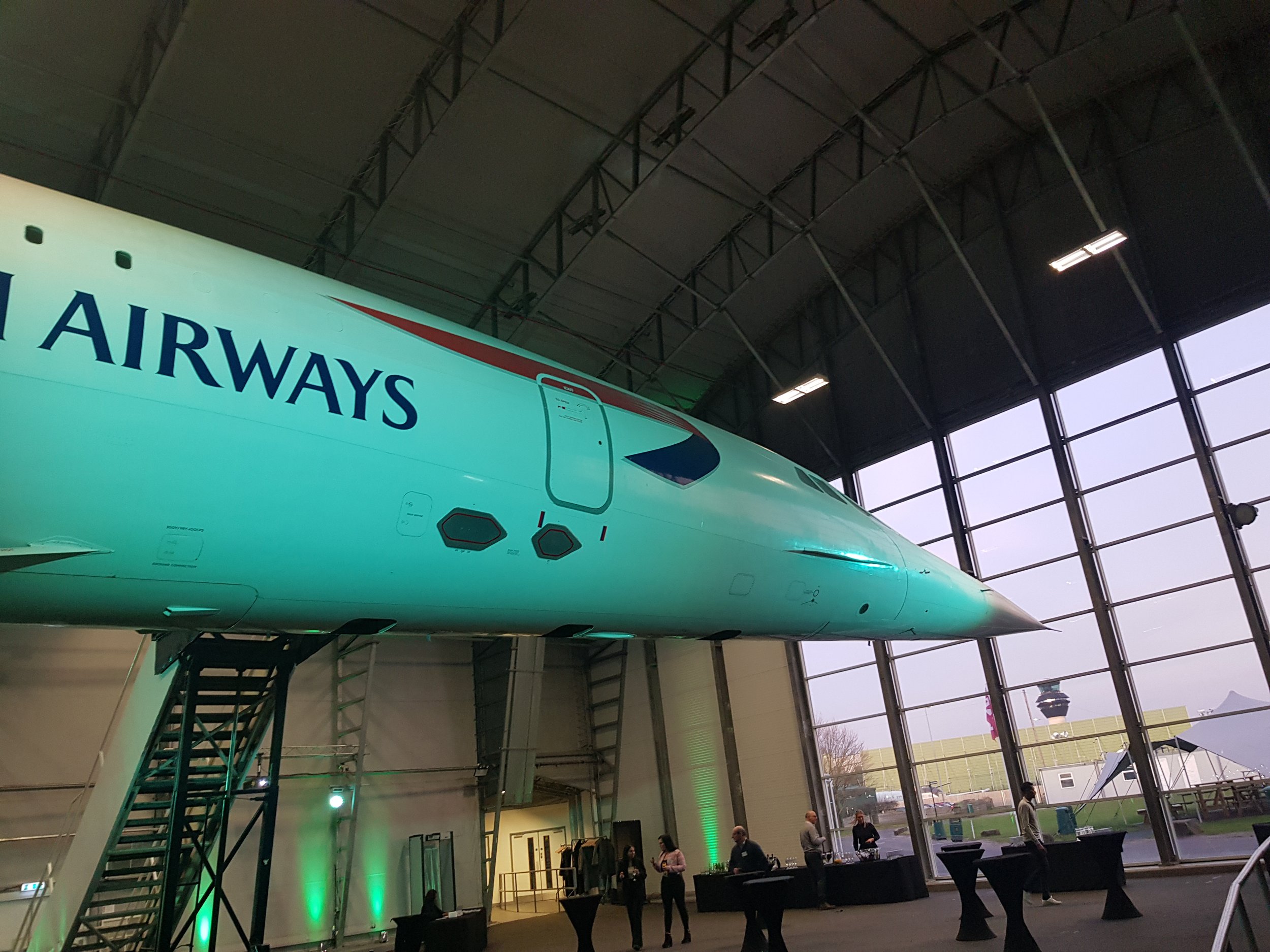On 11th April 2024 our North West Regional Lead, Joanna Hill, joined over 30 transport professionals virtually and in person for the Women in Transport and Chartered Institute of Highways and Transport (CIHT) North West multi-generational Women in Industry panel event.
The panel was chaired by Louise Kenny BEng MHFA MBA MCIHT, Business Performance & Improvements Manager at Colas Ltd. She was joined by Sue Percy, Chief Executive of CIHT; Angela Lopez Garces, Associate Director of Transport Planning at Jacobs; Rubi Sarang, Principal Consultant at Steer; and Eugenia Agell, Corporate Partnerships Manager at Campaign for Better Transport.
The event, entitled: “Driving Change: Women in Transport Across Generations - Navigating Careers, Overcoming Challenges, and Inspiring the Future” unveiled the journeys of these four unique women in transport. The event was sponsored by Jacobs and Pell Frischman.
Here are Joanna’s key takeaways from the event:
Attending the joint Women in Transport and CIHT NW event yesterday at the stylish Jacob’s offices in Manchester reminded me why I love volunteering with Women in Transport.
I get to rub shoulders with some truly remarkable people carving out space for themselves in this competitive but rewarding industry. The panelists began by summarizing their experiences of the industry in three words - which Angela Lopez Garces delightfully described as a mocktail! The ingredients were remarkably similar: challenging, rewarding, unexpected. I am inclined to agree.
The panel set out to explore the experiences of women at different stages of their careers in the transport industry, delving into the dynamics of bias, whether it’s enough to just empower women, and what success looks like in terms of creating truly inclusive, equitable and diverse workplaces.
I think we achieved that in the short time we had, and it was rewarding to learn so many members of our audience express how empowered and inspired they felt hearing from peers and leaders in the industry reflecting back their own experiences, and succeeding despite the challenges.
Overall, we concluded that any cultural shift toward a more diverse and inclusive industry would be of benefit to everyone in it and that by championing gender equity we are helping to pave the way for broader social change.
Here are some of my key takeaways, in no particular order:
Continuous self-reflection: Sue Percy reminded us of the necessity to consistently challenge our own biases, and to demonstrate that behaviour to others. Acknowledging and confronting biases is fundamental for fostering inclusivity and diversity within ourselves and our organisations.
Allyship in action: Having allies in the room emerged as a crucial factor for amplifying diverse voices and perspectives. Panellists and attendees alike shared experiences where they expressed an idea in a meeting only for it to be ignored and subsequently repeated by someone else seconds later as though they had never spoken. Allies play a pivotal role in advocating for underrepresented individuals in circumstances like this, and similar, as well as fostering a more inclusive environment. Equally, we can be that ally for others. Rubi Sarang raised the important point of sourcing sponsors, those who will talk about you even when you’re not in the room, helping to raise your professional profile.
Diversity in transport: Angela Lopez Garces described how bias in transport is twofold, both in the workplace and in the delivery of a more representative transport system. This point was revisited throughout the evening as we explored the barriers and opportunities to delivering a more representative transport system and incorporating person-centred design. The panalists emphasized the importance of advocating for a transport system that caters for the needs of all individuals and ensuring diversity across all levels of the sector. The benefits of which will drive innovation, reduce carbon and unlock economic growth. This involves challenging existing norms and championing inclusive policies and practices.
Intersections of bias: Rubi Sarang highlighted the need to recognize and address intersecting biases, including those based on age, race and gender, to create a truly inclusive environment that values and respects all individuals.
Actions speak louder: It was agreed that whilst empowerment, through mentorship, coaching, sponsorship and so forth, is important, tangible actions are vital. Concrete measures such as pay equity, fair remuneration for contributions, inclusive leadership practices and equitable representation, are needed to drive meaningful change.
Balancing work and life: A question from the audience prompted a meaningful and, on occasions very vulnerable discussion, around burnout and the need to balance work and life. Sue Percy illustrated her inclusive leadership approach and calls on other leaders to do the same. Promoting work-life balance and modelling healthy behaviours at leadership levels is essential for creating a supportive and inclusive workplace culture. Encouraging employees to prioritise their wellbeing and selfcare is paramount because, as Rubi Sarang pointed out, nothing is more important that your wellbeing. Especially not a job.
Courageous conversations: The need for open and honest dialogue about diversity, equity and inclusion was emphasized. But also valuing your own contributions and your own voice as valid and necessary. Creating space for brave conversations, such as panels like this, was recognized as important for enabling others to share their experiences, challenge assumptions, and take steps to gain more recognition. It is a key ingredient for meaningful change. Eugenia Agell praised organisations such as Women in Transport, CIHT, and Women in Rail for fostering these types of environments.
Embracing authenticity: Authenticity was highlighted as a valuable leadership asset as well as recognising that you don’t need to know everything to succeed. Even the most accomplished individuals have gaps in their knowledge, they embraced curiosity and fostered relationships with subject matter experts to help them accomplish their projects. Encouraging individuals to embrace their unique strengths and perspectives fosters a culture of inclusion and innovation.
Active listening: honing your active listening skills and taking the time to understand and value diverse perspectives was underscored as an essential leadership trait. Truely understanding the experiences and perspectives of others is key to fostering an inclusive and supportive environment.
Advocating for oneself: In her summing up, Louise Kenny reminded us that recognising and taking credit for one’s accomplishments, as well as advocating for yourself is crucial for career advancement and recognition. As Shireen Ali Khan says on the Lead Programme, it isn’t boasting if it is true! Louise also shared the importance of investing in yourself and your learning and development in response to a question from the audience about maintaining your enthusiasm and passion. She shared how, on many occasions, she has paid for training an organisation didn’t want to commit to, and subsequently upskilled herself and taken a step up in her career. I would add that volunteering is a great way to explore areas of interest beyond what you are able to do in your day job, it can unlock new opportunities, new skills and experiences, and new contacts that are invaluable.
I feel that whilst yes, each of these points serve as a roadmap for driving meaningful change in the industry, they can also be taken as areas for personal development and improvement too. By each of us taking little steps in the right direction, perhaps we can be the engineers of a more diverse future for everyone. A future where a job title doesn’t come with an assumed gender or age; where diversity is considered holistically and intersectionality is at the forefront of the conversation.
